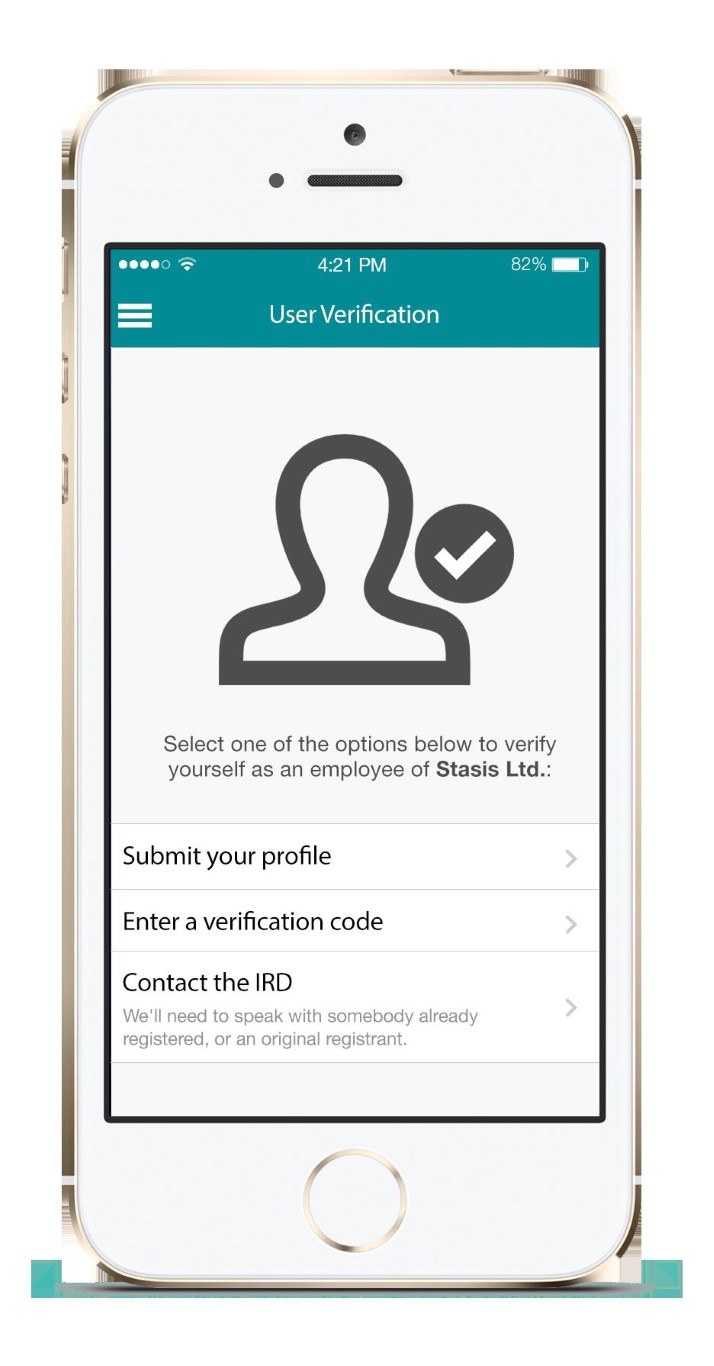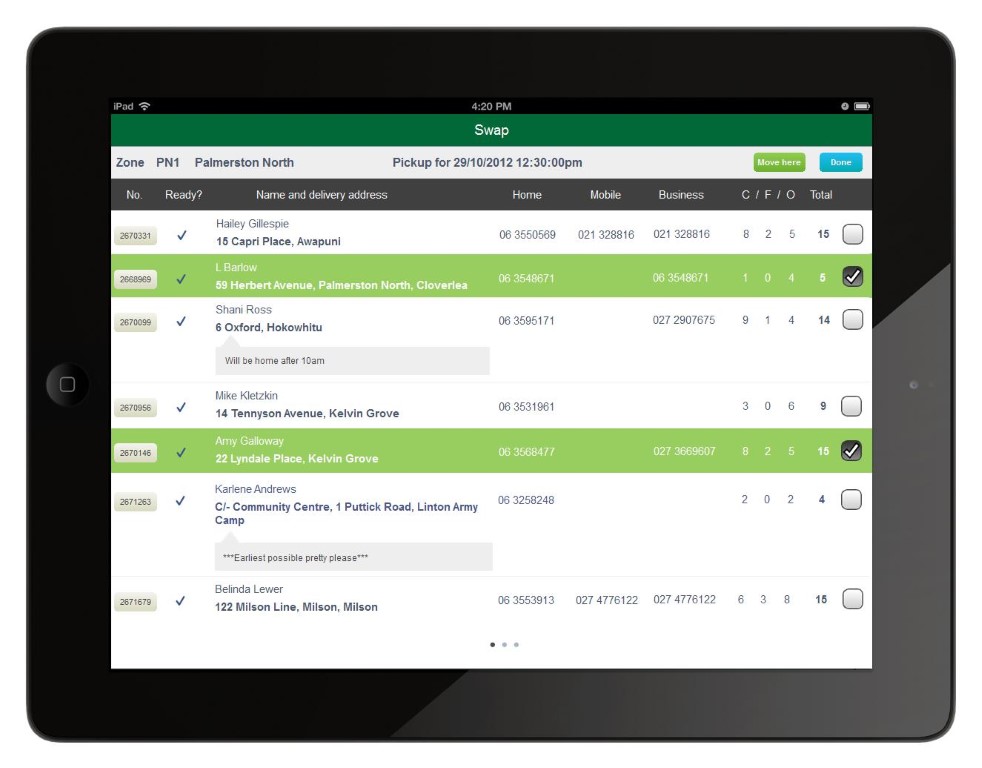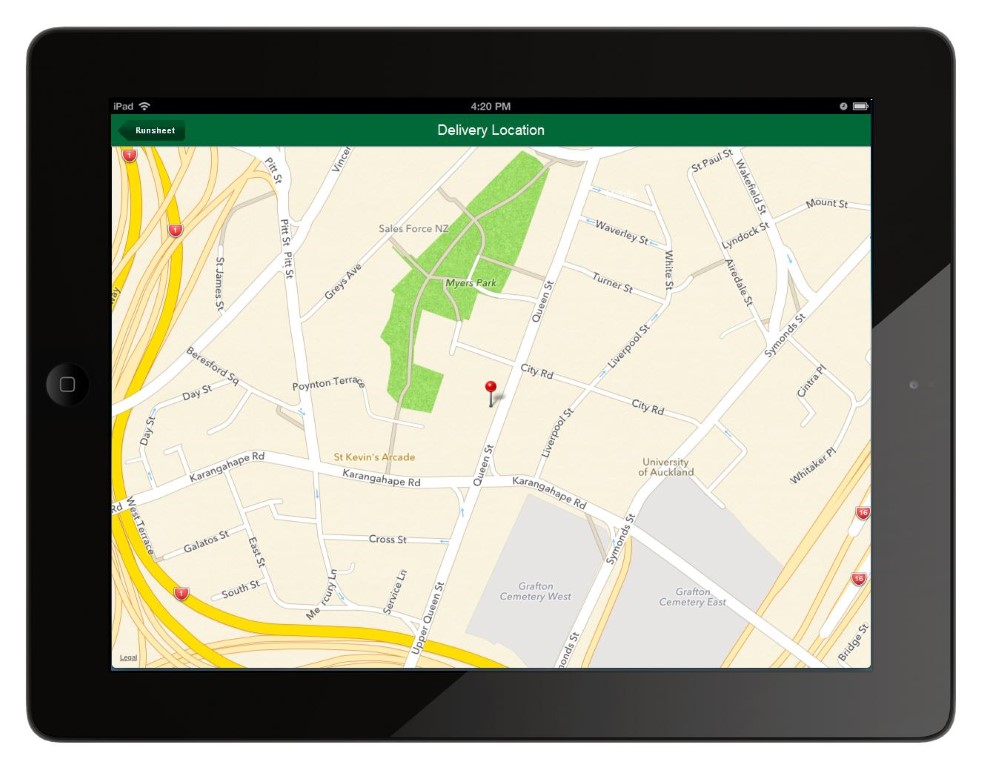The Path Less Travelled in Life and Business
In a world where societal expectations often dictate our choices, choosing to live differently isn't just a personal statement; it's a potent strategy for innovative entrepreneurship. This blog post explores how breaking away from standard societal norms can be a catalyst for developing successful startup ideas that disrupt current markets.
Creating a successful startup often hinges on the ability to stand out, to be exceptional in a sea of conventional approaches. This necessity for exceptionality in the entrepreneurial world stands in stark contrast to the normative paths encouraged by societal expectations.
The Exceptional Nature of Successful Startups
Innovation Requires Uniqueness: Successful startups typically introduce novel solutions to existing problems or entirely new concepts to the market. This innovation demands a level of creativity and thinking that doesn't align with standard norms. It’s about seeing what others haven’t seen and doing what others haven’t done.
Risk-Taking and Resilience: Exceptional entrepreneurs are often characterised by their willingness to take significant risks. This risk-taking is a divergence from societal expectations that usually favor security and predictability. Startups thrive on the edge of uncertainty, a space where remarkable resilience is developed.
Learning from Failure: Societal norms often equate failure with defeat, but in the startup ecosystem, failure is a valuable teacher. Exceptional entrepreneurs use their failures as stepping stones, learning from each setback and iterating their ideas. This mindset is crucial for the evolution and eventual success of a startup.
The Limitations of Societal Expectations
Conformity Limits Innovation: Societal expectations often promote a degree of conformity that can be stifling to the creative and innovative processes essential in startups. When individuals adhere strictly to societal norms, they may miss out on exploring unconventional ideas that could lead to successful ventures.
The Safety of the Known: Society often encourages paths that are deemed safe and predictable, such as stable jobs and traditional career paths. While these can provide security, they seldom lead to the exceptional breakthroughs seen in successful startups.
Fear of Judgment and Failure: Societal pressures can instill a fear of judgment and failure, deterring individuals from pursuing novel ideas or paths that diverge from the norm. This fear can be a significant barrier to the risk-taking and experimentation necessary for a startup's success.
The road less travelled is so for a reason
Going against the expectations of family, friends, and society is a path fraught with challenges. It's a journey that often requires immense inner strength and resilience, as it can involve confronting deeply ingrained beliefs and norms.
Emotional and Social Pressure: One of the most significant challenges is dealing with the emotional pressure from those close to you. Family and friends, often with good intentions, may try to steer you towards what they perceive as a safer or more traditional path. This pressure can create a sense of guilt, anxiety, or even isolation, especially if your choices are met with disapproval or misunderstanding.
Financial Uncertainty: Deviating from a conventional career path can also mean facing financial uncertainty. Traditional career choices often offer a clearer financial trajectory, whereas unconventional paths may not have the same stability, especially in the early stages. This uncertainty can be stressful and is often a major concern for those taking a less traveled road.
Self-Doubt and Fear of Failure: Venturing into uncharted territory can lead to self-doubt. Without societal benchmarks to measure success, you might find yourself questioning your decisions, especially when faced with obstacles or setbacks. The fear of failure is amplified when you step away from the norm, as failure can be seen as a validation of the societal norms you’re trying to resist.
Lack of Support Systems: Traditional paths often come with established support systems – mentors, peers, and a clear roadmap. Striking out on a different path can mean a lack of these support structures, making the journey lonelier and sometimes more challenging to navigate.
Cultural and Societal Barriers: Depending on where you live and the prevailing cultural norms, going against societal expectations can sometimes mean facing not just social disapproval but also systemic barriers. This could range from bureaucratic hurdles in starting an unconventional business to societal prejudices that make your path more difficult.
Balancing Personal Relationships: Maintaining personal relationships while pursuing a path that others may not understand or approve of can be difficult. There can be a strain on relationships with family and friends who may feel alienated or confused by your choices.
Constant Need for Self-Motivation: Without the external validation that comes from following a well-trodden path, you need to constantly motivate yourself and reaffirm your goals and values. This can be mentally and emotionally exhausting.
Navigating Success and Failure on Your Own Terms: Defining what success means to you outside of societal norms is a challenge in itself. Similarly, learning to cope with failures without the cushion of societal sympathy (which is often reserved for more conventional setbacks) can be tough.
The Power of Different Life Choices in Business Innovation
It is not a path for everybody, but for those that choose to pursue entrepreneurship, it offers the benefits of contrarian thinking and agency. Embracing this route allows individuals to challenge conventional wisdom, fostering a mindset that is not just about creating a business, but about innovating and reshaping industries. Entrepreneurs who think differently and act on their unique insights can identify opportunities that others overlook. Additionally, this path provides a sense of agency, empowering individuals to make decisions that align with their personal visions and values. This autonomy not only drives business success but also leads to personal fulfillment, as entrepreneurs are able to carve out a niche that is truly their own, both professionally and personally.
Understanding the Parallel Paths: Just as resisting societal expectations in personal life leads to growth and self-discovery, in the business world, stepping away from established norms can spark groundbreaking ideas. The courage to live differently is intrinsically linked to the ability to think differently – a prerequisite for innovation.
Challenging the Status Quo: When you choose a path less travelled in life, you're inherently questioning the status quo. This mindset is crucial for entrepreneurs who aim to disrupt markets. Startups succeed not by following the well-trodden path but by charting new territories and redefining what's possible.
Embracing Uncertainty and Risk: Living with agency often means embracing uncertainty, a skill that's invaluable in the startup world. The ability to navigate the unknown, pivot when necessary, and be comfortable with risk are qualities honed by living a life less ordinary.
Strategies for Translating Personal Agency into Business Disruption
What’s really amazing is that once you embody the spirit of agency and following your own path - not the path society has established for you (and assuming you work hard and consistently at it) - you automatically start to benefit from your own unique perspectives. You start spotting arbitrage opportunities, unmet market needs and potential product and service opportunities.
Leverage Your Unique Perspective: Your unconventional life choices give you a unique perspective. Use this to identify gaps in the market that others, following a more traditional path, might not see.
Build on Your Strengths and Passions: The self-knowledge gained from living with agency can be a goldmine for startup ideas. Your passions and strengths are often the best foundation for a business that can disrupt markets.
Learning from Failure: Just as personal growth often involves overcoming setbacks, the journey of entrepreneurship is riddled with challenges. Embrace failure as a stepping stone to success.
Foster Continuous Innovation: Living differently encourages constant learning and adaptation. Apply this principle to your startup. Stay agile, continually evolve your ideas, and never settle for the status quo.
Entrepreneurs Who Defied Norms
Consider entrepreneurs who have successfully disrupted markets by living differently. These individuals often share a common trait: the courage to follow their unique vision, even when it deviated sharply from societal norms. Their stories can provide inspiration and practical insights.
Steve Jobs (Apple Inc.): Jobs is a quintessential example of an entrepreneur who lived differently. He dropped out of college, traveled to India, and embraced a counterculture lifestyle before co-founding Apple. His unconventional approach to life and business led to revolutionary products like the iPhone and iPad, which forever changed the technology industry.
Elon Musk (Tesla, SpaceX): Musk's approach to life and business is anything but conventional. From teaching himself programming to venturing into industries like electric cars (Tesla) and space travel (SpaceX), Musk's willingness to tackle seemingly insurmountable challenges and his vision for the future have made him a standout figure in the entrepreneurial world.
Richard Branson (Virgin Group): Branson, known for his adventurous spirit and daredevil stunts, has carried this unconventional approach into his business ventures. He started with a record store and expanded into a conglomerate, Virgin Group, which spans industries from music to airlines, and space tourism, constantly pushing the boundaries of what's possible in business.
Sophia Amoruso (Nasty Gal): Amoruso started her journey with an unconventional lifestyle, including hitchhiking, dumpster diving, and various odd jobs. She launched Nasty Gal as an eBay store selling vintage clothing, growing it into a retail empire. Her path reflects a blend of personal grit, unique life experiences, and an unconventional approach to business.
Reid Hoffman (LinkedIn): Before founding LinkedIn, Hoffman was known for his unusual career path, which included philosophy and gaming. His diverse experiences and unorthodox approach to professional networking led to the creation of LinkedIn, a platform that has revolutionized the way professionals connect.
Arianna Huffington (The Huffington Post): Huffington's journey, which included moving from Greece to the UK, then to the USA, and transitioning from conservative commentator to liberal media mogul, reflects her unconventional path. Her personal experiences and beliefs heavily influenced the creation of The Huffington Post, a leader in digital media.
Jack Ma (Alibaba): Ma's story is one of resilience and determination. He faced numerous rejections in his career but used his unique insights into China's market to create Alibaba, which became one of the world's largest e-commerce platforms. His journey is marked by a relentless pursuit of a vision that many didn't initially believe in.
The journey to creating a successful, market-disrupting startup begins with the bold decision to live differently. By resisting standard societal expectations and following your own path, you cultivate the mindset, skills, and insights necessary for innovative entrepreneurship. Your unique journey isn't just about personal fulfillment; it's a powerful tool for carving out a new niche in the business world. Remember, in both life and business, the most revolutionary ideas often come from those who dare to walk the road less travelled.































